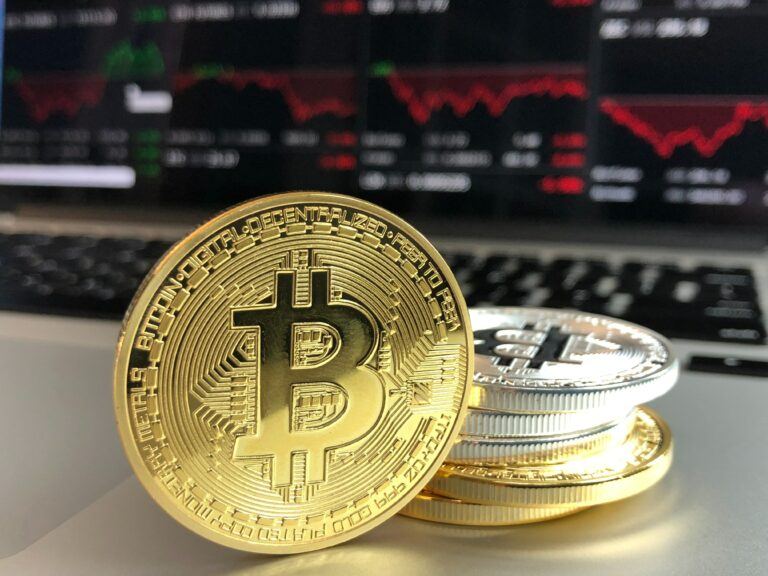A mysterious bitcoin whale has recently made a 40,000 bitcoin transaction that only cost 0.0001 BTC. This means that to move nearly $230 million worth of cryptocurrency, the whale only paid a 57 cent transaction fee.
According to blockchain data, the funds were moved out of an address using the segregated witness (SegWit) protocol, as it starts with ‘bc1’, to another address using the protocol. SegWit was introduced back in August of 2017 to help improve the efficiency of bitcoin transactions.
On social media, some have theorized the transaction was carried out by a popular Bitcointalk user known as Loaded, who’s known for having a whopping 40,000 BTC stash.
Bitcointalk's famous whale Loaded is moving its 40k BTC stash again.https://t.co/t6y909jN2Ehttps://t.co/TrHwb4s2H6
— Antoine Le Calvez (@khannib) May 1, 2019
The small amount paid in fees to move such a large amount of bitcoin, to some, proves the flagship cryptocurrency has a real use case, as it can help people save a lot of money on cross-border transactions.
Moreover, who exactly conducted the transaction isn’t clear, as Loaded has neither confirmed nor denied any involvement. This proves money can be moved safely, anonymously, and nearly for free, taking into account nearly $230 million were moved.
Interestingly, the 57 cent fee could be above what was required. This, as data shared by Bitcoin education and consultancy organization Bit Consultants has suggested most bitcoin users are overpaying for their transaction fees, as there’s a mismatch between fees required for specific transactions, and the ones users are paying.
The firm’s data showed that, as of last month, various transactions on the Bitcoin blockchain were overpaying for fees, with some transactions having over three times the recommended “fastest and cheapest” amount of satoshis per byte.
Notably, the whale’s $230 million transaction came at a time in which Stephen D. Palley, a partner at Anderson Kill, a US-based law firm, recently claimed cryptocurrencies like bitcoin can be effective at solving problems with micropayments.









